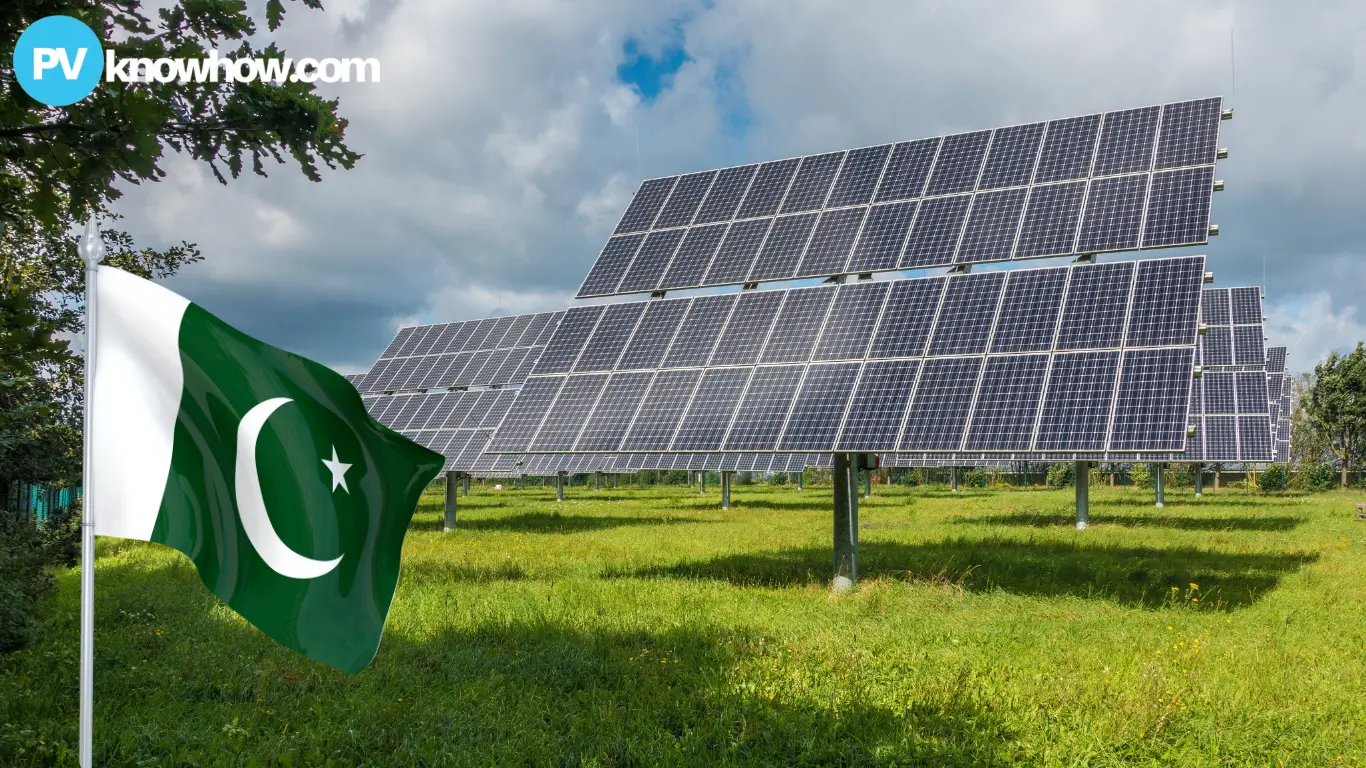Solar Energy in Pakistan received backing strength, according to the government official Ali Pervaiz Malik who is Minister of State for Power.
In video statement today, he stated, ‘The government is committed to renewable energy, and such gibberish about imposing tax on solar panels is misinformation being spread by some channels. ’The ‘gibberish’ had been that ancillary taxes on solar panels were going to be imposed.
Government Firmly Supports Solar Energy Sector
Meanwhile, in a video statement issued today, Malik reiterated that the Sharif government had been resolutely committed to Solar Energy in Pakistan.
‘The government of Pakistan is committed to sustainability; we are committed to renewable energy, not to impose any cost on the consumers of solar panels with any duty or added costs for its production or installation,’ he said.
‘There is no consideration, there has never been any consideration in the government’s cabinet, that there should be duty’, Malik added.

Image: Collected
As Malik emphasised, citizens have been encouraged to install solar panels as part of an overall vision for diversifying energy sources, breaking away from fossil fuels and managing energy shortages.
Solar Energy in Pakistan forms a vital part of the country’s energy basket. According to a report by the International Renewable Energy Agency (IRENA), Pakistan has an ‘adjusted potential’ of a staggering 50,500 MW of solar electricity.
Malik assured: ‘Any policy change can be made with a fine-tune, keeping in the loop of all the stakeholders with a fine balance of interests of the public and renewable energy also.
This rhetoric about consultation and power-sharing kicks off a process of deliberation and decision-making. It seeks to open policy formation in the most literal sense: rivulets of power flow away from government departments to diverse and epistemically legitimate others, enabling a more democratic approach to policy development.
The Minister lashed out at some news channels for publishing unreliable reports about a possible levyvt. Malik accused journalists of not being careful and irresponsible in their duties. He emphasized that responsible journalism is of utmost importance for strategic sectors such as solar energy industry in Pakistan.
Government’s Vision for Renewable Energy
Echoing the government vision, Malik again mentioned his Prime Minister Shehbaz Sharif to ramp up the renewable energy’s share in the energy mix of Pakistan, especially in solar energy in Pakistan. This is for both environmental purposes and for economic growth and energy security.
According to the recent World Bank report, an increased share of renewable energy could save Pakistan as much as $5 billion in energy costs by 2030.
‘Unfortunately, a segment of media ran the story that the government is going to impose tax on solar panels before seeking any confirmation from the concerned quarters,’ Malik stated.
‘We want to reiterate that the foremost goal of the government is to strengthen the renewable energy sector, so that we can have a thriving and resilient future of Solar Energy in Pakistan,’ he emphasized.
Economic Benefits of Solar Energy in Pakistan
Solar Energy in Pakistan will have many big economic benefits. Pakistan can save a lot on energy expenditure as it will not have to buy expensive fossil fuels.
As per a World Bank country report, transitioning to renewable energy means that the country could save up to $5 billion in energy expenditure within the next two decades.
Additionally, solar energy can create jobs in primary manufacturing, installation and maintenance, hence a boost in local economy.
It can also be a significant source for a foreign capital flow, helping in boosting the economy. Increased innovation and accessibility and affordability of solar technology would bring more and more panels into households and businesses, resulting in money that could have otherwise gone to utilities companies.
It would increase household and business savings, reduce costs, and increase energy independence
Successful Solar Projects in Pakistan
The successful commercial solar energy projects in Pakistan demonstrate that solar energy is not a mere pipe dream. One of Pakistan’s largest solar farms have been set up at the Quaid-e-Azam Solar Park in Bahawalpur with 1,000 MW capacity.
The solar park supplies a huge portion of the national grid. Another successful short-term project was installing solar panels in Balochistan to electrify villages which were not connected to the power grid before.
By putting an end to those rumors, and clarifying its position on the viability of renewable energy and the government’s commitment to creating a plausible infrastructure to facilitate national uptake of solar technology, Ali Pervaiz Malik has successfully defended the administration’s undertaking.
